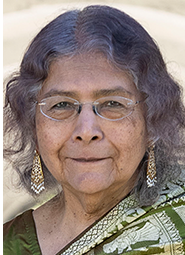
Imagining, Framing, Disciplining
In this session, the participants will engage in an open-ended conversation and consider what acts of public imagination are most needed in the present – to establish the grounds of collective thought and within the turnings and sometimes the convulsions of generational time.
What are some of the most suggestive frames emerging for the theorization of the contemporary cultural processes in southern Africa now – and more widely across the South? What are some of their most pronounced incommensurabilities – and what are their capacities for re-thinking modes of relationality? In short, what are the arguments most important to have with each other, in our time and place?
This session will consider what acts of public imagination are most needed in the present – to establish the grounds of collective thought and within the turnings and sometimes the convulsions of generational time. If biopolitics and necropolitics have offered essential registers for understanding the world-now, how are the ontological and cosmological refractions of current thinking generative or not when considered from the specificities of Southern/African standpoints? Thinking about these conceptual questions but also the institutions which we inhabit from our Africa-based location, we will further discuss the dimensions that our future universities could take - as acts of the imagination and as practices of (un)disciplining ourselves and our modes of knowledge production. Finally, we will consider what the studio and the seminar room might have to teach each other, as pedagogical modes of learning and making.
Practical information
The event has free admission and will also be openly accessible to watch live on the Holberg Prize YouTube Channel. If you wish to attend in person, please register here:
12:00 – 14:00 SAST Lunch hosted by the Innovation Foundation for democracy and WiSER.
Venue: WISER, 6th Floor Richard Ward Building, University of Witwatersrand.
14:00-16:00 SAST Imagining, Framing, Disciplining.
Venue: WISER, 6th Floor Richard Ward Building, University of Witwatersrand.
Participants

Sheila Jasanoff
Sheila Jasanoff is Pforzheimer Professor of Science and Technology Studies at the Harvard Kennedy School. A pioneer in the social sciences, she explores the role of science and technology in the law, politics, and policy of modern democracies. Jasanoff founded and directs the STS Program at Harvard University. She was awarded the Holberg Prize in 2022. Her books include The Fifth Branch (1990), Science at the Bar (1995), Designs on Nature (2005), The Ethics of Invention (2016), and Can Science Make Sense of Life? (2019).
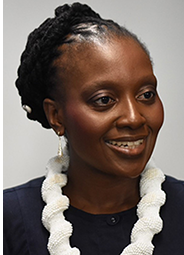
Hlonipha Mokoena
Hlonipha Mokoena is currently Professor and acting Co-Director at WiSER (Wits Institute for Social and Economic Research) at the University of Witwatersrand, Johannesburg. She received her Ph.D. from the University of Cape Town in 2005. Her articles have been published in: Journal of Natal and Zulu History; Journal of Religion in Africa; Journal of Southern African Studies; Ufahamu: A Journal of African Studies; Interventions: International Journal of Postcolonial Studies; Image & Text and Critical Arts.
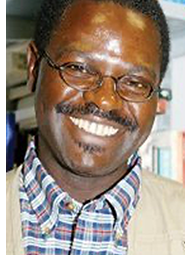
Francis Nyamnjoh
Francis B. Nyamnjoh is Professor at the University of Cape Town. He holds a PhD (1990), from the University of Leicester, UK. He joined the University of Cape Town in August 2009 as Professor of Social Anthropology from the Council for the Development of Social Science Research in Africa (CODESRIA) in Dakar, Senegal, where he served as Head of Publications from July 2003 to July 2009. He has taught sociology, anthropology and communication studies at universities in Cameroon, Botswana and South Africa. In October 2012 he received a University of Cape Town Excellence Award for “Exceptional Contribution as a Professor in the Faculty of Humanities”, an award renewed in 2017 and again in 2022. In September 2021, he was elected as a fellow by the College of Fellows of the University of Cape Town, in recognition of his research. He is recipient of the “ASU African Hero 2013” annual award by the African Students Union, Ohio University, USA; of the 2014 Eko Prize for African Literature; and of the ASAUK 2018 Fage & Oliver Prize for the best monograph for his book #RhodesMustFall: Nibbling at Resilient Colonialism in South Africa. He is: a B1 rated Professor and Researcher by the South African National Research Foundation (NRF); a Fellow of the Cameroon Academy of Science since August 2011; a fellow of the African Academy of Science since December 2014; a fellow of the Academy of Science of South Africa since 2016; and chairs the Academic Advisory Board of the Stellenbosch Institute for Advanced Study (STIAS) since 2019.
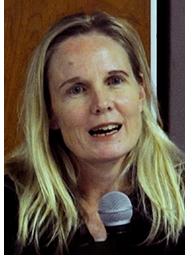
Sarah Nuttall (Chair)
Sarah Nuttall is Professor of Literary and Cultural Studies at WISER. She was Director of WISER for a decade, from 2012-2022. She is the author and editor of many books and her work is widely cited across disciplines. She is best known for her books Entanglement: Literary and Cultural Reflections on Postapartheid, Johannesburg: The Elusive Metropolis and Beautiful/Ugly: African and Diasporic Aesthetics. Most recently, she has co-edited Reading From the South: African Print Cultures and Oceanic Turns in the Work of Isabel Hofmeyr with Charne Lavery and Reading for Water: Materiality and Method, with Isabel Hofmeyr and Charne Lavery. She is editor of Your History With Me: The Films of Penny Siopis and her book On Pluviality is forthcoming.
Organizers
-
Image
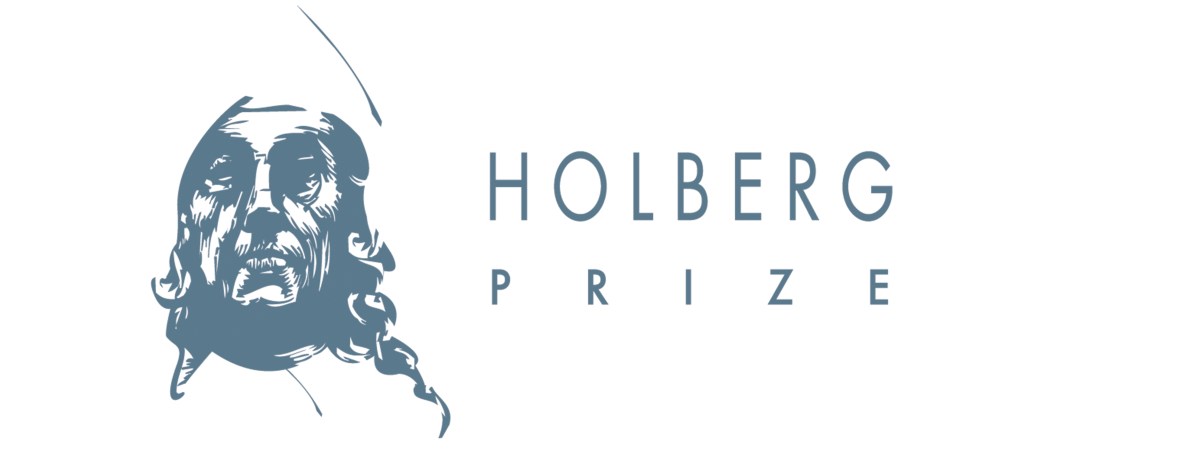
The Holberg Prize, established by the Norwegian Parliament in 2003, is an international prize worth NOK 6,000,000, awarded annually to a scholar who has made outstanding contributions to research in the humanities, social science, law or theology, either in one of these fields or through interdisciplinary work. The Holberg Prize is funded by the Norwegian Ministry of Education and Research and hosted by the University of Bergen, Norway.
-
Image
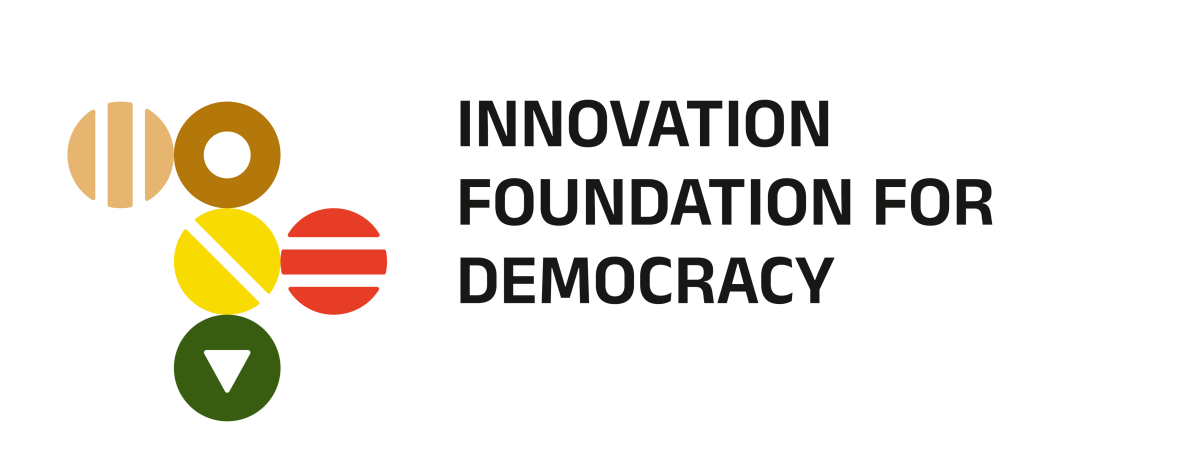
The Innovation Foundation for Democracy is a new initiative that was established in 2022. The Foundation aims to rejuvenate democracy in Africa, particularly amongst young people, through research and training initiatives and innovative democratic projects. The Foundation is hosted by the Wits University from where it serves the continent.